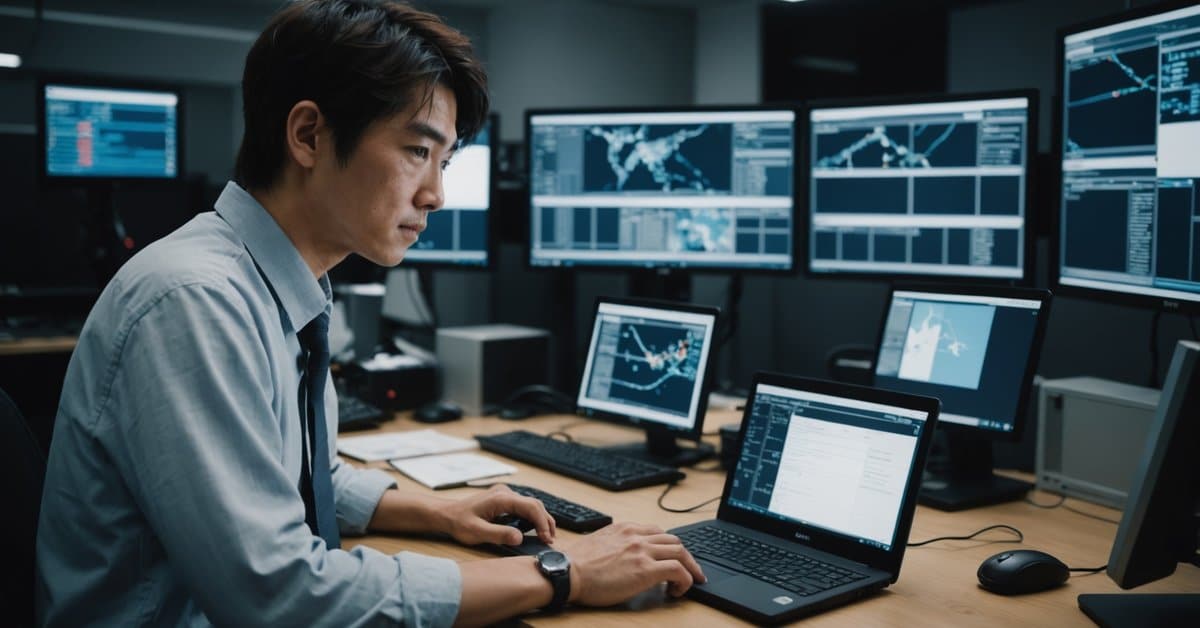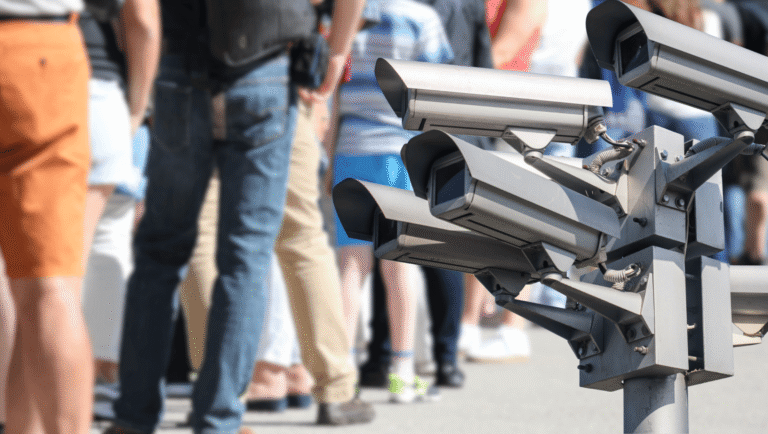Major anime and game studios demand OpenAI stop using their content to train video AI without permission, citing copyright violations.
Japan’s Content Overseas Distribution Association, representing powerhouse studios like Sony’s Aniplex, Bandai Namco, Studio Ghibli, and Square Enix, has formally requested that OpenAI cease training its Sora 2 video generation model on their intellectual property. The October 28 announcement marks an escalating tension between creative industries and AI developers over the use of copyrighted material in machine learning. CODA claims to have identified outputs from Sora 2 that closely resemble specific Japanese works, suggesting the model was trained on their members’ content without authorization.
The core dispute hinges on a fundamental disagreement about consent and liability. While OpenAI has implemented an opt-out system for content holders, CODA argues that Japanese law requires prior permission before copyrighted works can be used for training purposes. The publishers contend that the act of copying during machine learning itself may constitute infringement, and that subsequent objections cannot retroactively shield a company from liability. Beyond demanding OpenAI stop the unauthorized use, CODA is calling for the company to respond directly to claims of infringement related to Sora 2’s outputs.
The community response has been notably divided, though many observers express frustration with what they see as a pattern of tech companies extracting value from creative work without compensation. Commenters have highlighted the tension between innovation and artist protection, with some arguing that if a business model requires breaking copyright law to function, it lacks legitimacy. Others worry about the broader implications for creative industries as generative AI becomes increasingly sophisticated and widespread.
This dispute reflects a growing global conversation about AI training practices and intellectual property rights. While some view aggressive AI development as inevitable progress, others see it as exploitation of creators who never consented to their work fueling commercial systems. The outcome of CODA’s formal request could set important precedent for how Japanese copyright law applies to AI training, potentially influencing similar disputes between tech companies and creative industries worldwide.
For more on this topic, read about it at gamespot.com.



